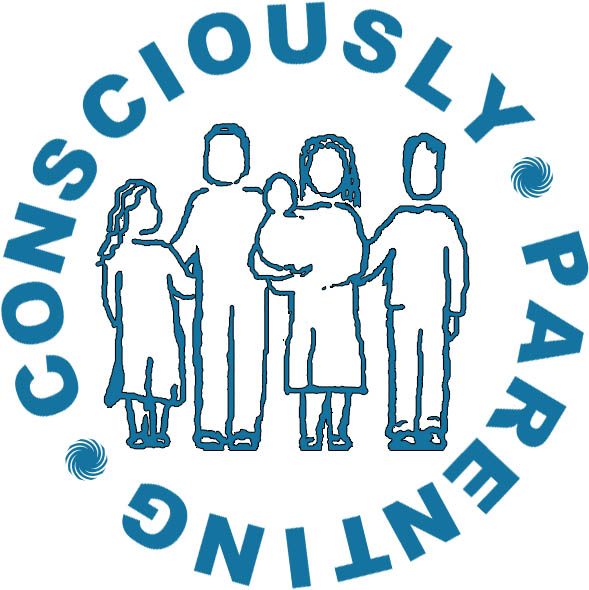What it Really Takes to Raise Emotionally Healthy Families Series- Day 21

Parenting brings up strong feelings for most parents. As parents, we have many opportunities every day to experience feelings based on the things our children say and do. How we handle those feelings and how we express those feelings shows our children what to do with their own feelings, positive and negative.
From the book Consciously Parenting: What it Really Takes to Raise Emotionally Healthy Families

When I became a parent, I wanted to be a calm, peaceful, zen kind of parent. I was so surprised by the intensity of feelings that came up for me after my son was born and throughout his first decade of life. I wasn’t really that skilled at dealing with my own feelings and I didn’t realize how much that mattered until I became a parent.I can see now that learning how to express my own feelings benefited me in numerous ways. And as I learned, so did my kids. I started letting my kids know when I was feeling sad or angry. And I started learning how to repair when I’d messed up. I didn’t really know how my kids were taking it in until one day when my son lost his temper.
He got very angry and said some things that weren’t very nice. A little while later, he came back to me in a soft voice and said, “I didn’t handle that very well. I’m sorry that I yelled at you. Can I have a hug?”
It wasn’t exactly the words that I was using with him, but it was definitely the idea. He was listening and he was watching. And that was beautiful to see the ripples in a positive direction!
Our kids are watching us and learning from us- the good and the not so good. When we do our own work as parents, our kids get the benefit of that work without us needing to tell them, “Hey! I did this work on myself…” And that’s really beautiful all around.
Doing this work begins by bringing awareness to how you’re feeling and what’s showing up in your body. And then it’s learning to name how you’re feeling with your kids and seek support when you need it. It might sound something like, “Dad is feeling really sad right now. I don’t need you to take care of me, I just want to let you know. I’m going to go be with your mom for a little while (or call a friend or whatever is most appropriate) and then I can come back to be with you.”
This conversation varies by the ages and capacities of your kids, of course, so this is just an example. Back to you… what’s your next step for increasing your emotional literacy? What do you want to try today? Tomorrow? I’d love to hear about it!
Get the book Consciously Parenting book on Amazon




